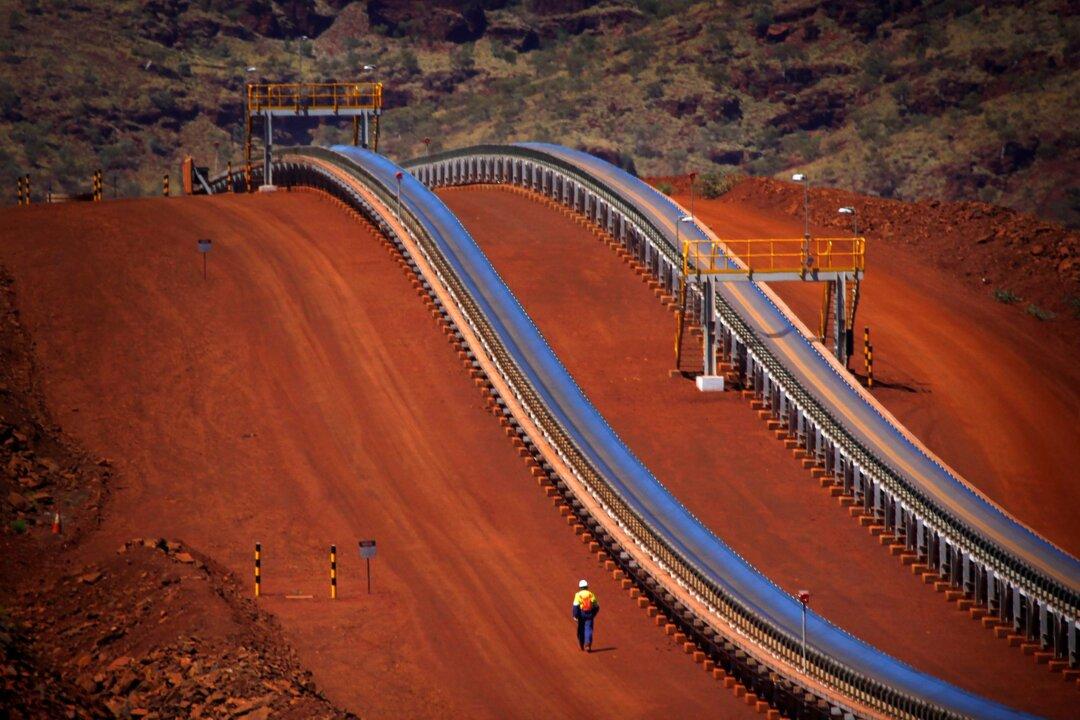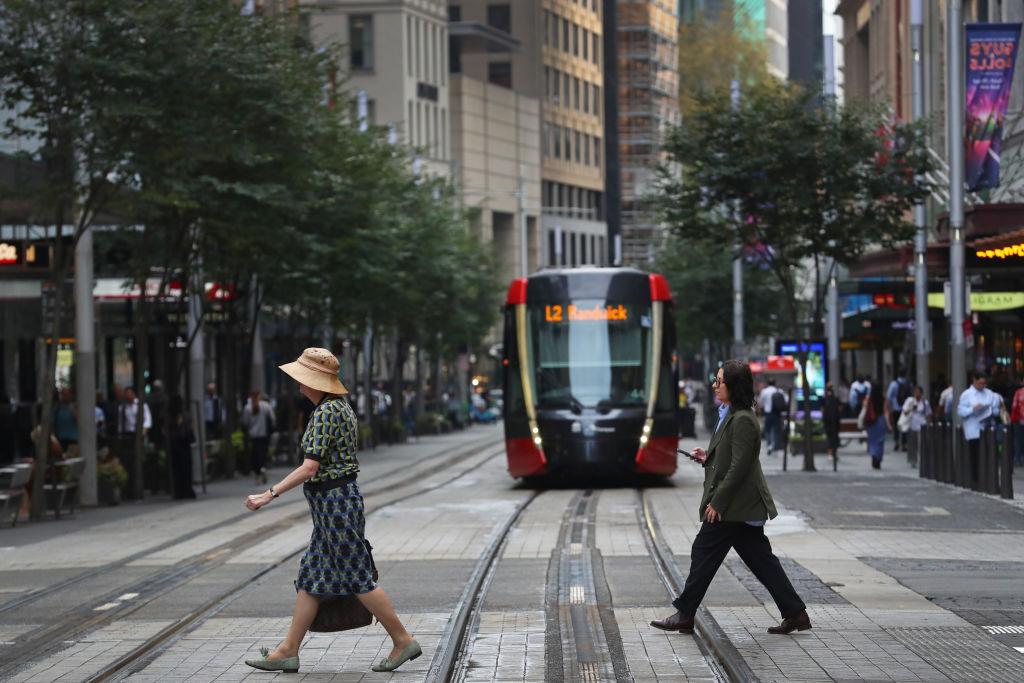Greens criticised the Australian Labor government for its climate targets, which the group said are inconsistent with the Paris Agreement.
According to Climate Analytics, Australia is the world’s third-largest fossil fuel exporter, next to Russia and the United States, with the country as the second-largest exporter of fossil fuel carbon dioxide emissions.




